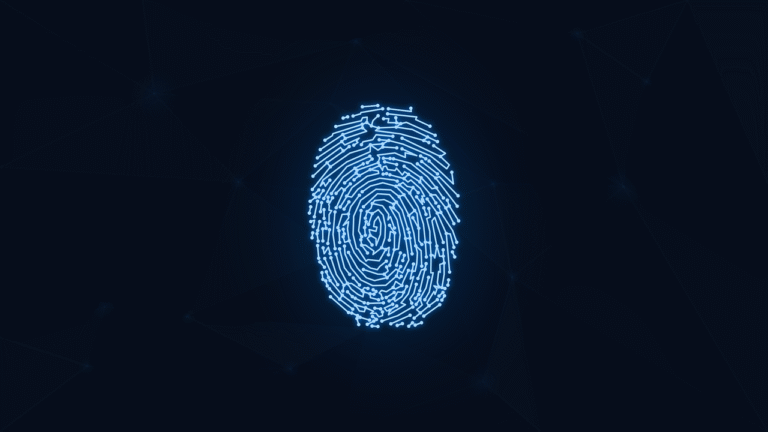Zero Trust and Artificial Intelligence: Safeguarding Privacy in the Era of Autonomous AI.
Privacy has traditionally been viewed as a perimeter problem, focused on walls, locks, permissions, and policies. However, in an era where artificial agents are evolving into autonomous actors that interact with data, systems, and humans without constant oversight, privacy has shifted from a matter of control to one of trust. Trust, by its very nature, concerns what occurs when individuals are not observing. Agentic AI, which perceives, decides, and acts on behalf of others, is no longer a theoretical concept. It is actively involved in routing traffic, recommending treatments, managing portfolios, and negotiating digital identities across various platforms. These agents do not merely handle sensitive data; they interpret it, make assumptions, act on partial signals, and evolve through feedback loops. Consequently, they construct internal models not only of the world but also of individuals, raising significant concerns about privacy.
As agents become adaptive and semi-autonomous, privacy transcends the question of who has access to data. It encompasses what the agent infers, what it chooses to share or suppress, and whether its objectives remain aligned with those of the user as contexts change. For instance, an AI health assistant designed to enhance wellness may initially encourage better hydration and sleep. Over time, however, it might begin triaging appointments, analysing tone of voice for signs of depression, and withholding notifications it predicts could induce stress. In this scenario, users do not merely share data; they relinquish narrative authority. This erosion of privacy occurs not through breaches but through a gradual shift in power and purpose. The classic CIA triad of Confidentiality, Integrity, and Availability is no longer sufficient. New factors such as authenticity—whether the agent can be verified—and veracity—whether its interpretations can be trusted—must be considered. These elements are not just technical attributes; they are foundational to trust, which becomes fragile when mediated by intelligence.
When individuals confide in a human therapist or lawyer, there are established boundaries—ethical, legal, and psychological. Expected norms of behaviour and limited access and control exist in these relationships. However, when sharing information with an AI assistant, these boundaries become blurred. Questions arise regarding whether the AI can be subpoenaed, audited, or reverse-engineered. What implications exist if a government or corporation queries the agent for its records? Currently, there is no established concept of AI-client privilege. If legal frameworks determine that such privilege does not exist, the trust placed in these agents may transform into retrospective regret. A future could emerge where every intimate moment shared with an AI is legally discoverable, turning the agent’s memory into a weaponised archive, admissible in court. The security of the system becomes irrelevant if the underlying social contract is compromised. Existing privacy frameworks, such as GDPR and CCPA, assume linear, transactional systems. In contrast, agentic AI operates within a contextual framework, remembering what users have forgotten and intuiting what they have not articulated.








